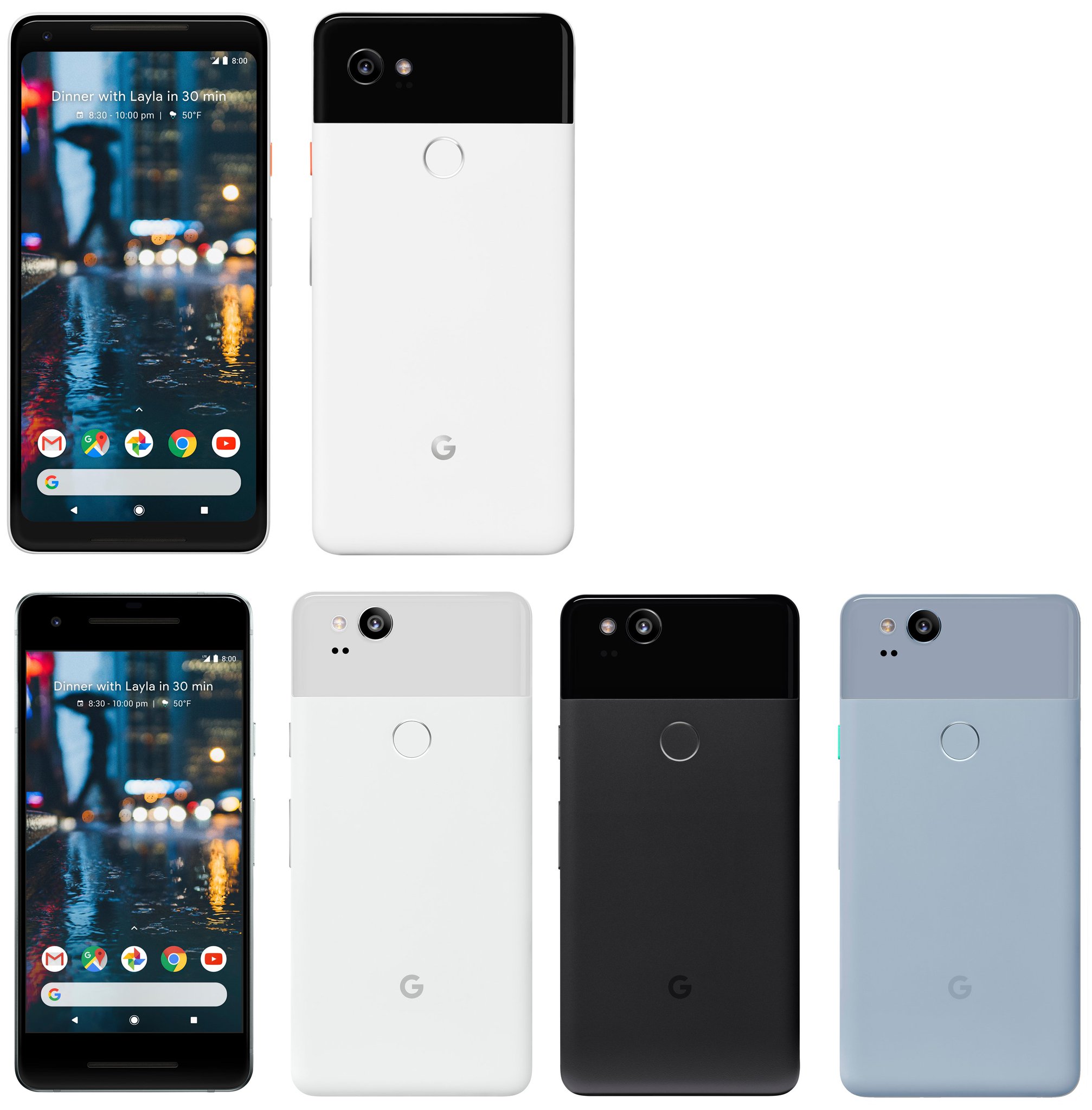Yeah, I'd heard HTC wanted to keep the Vive, which that tweet backs up.
I believe that there are some big changes coming to Android and an acquisition of the smartphone manufacturing assets and design and research team at a minimum (await announcement today) is really just part of a bigger strategy. It might involve Project Fuschia at Google. If you do not recall it, here is Wikipedia description:
"
Fuchsia is a
capability-based,
real-time operating system (RTOS) currently being developed by
Google. It was first discovered as a mysterious code post on
GitHub in August 2016, without any official announcement. In contrast to prior Google-developed
operating systems such as
Chrome OS and
Android, which are based on
Linux kernels, Fuchsia is based on a new
microkernelcalled "Zircon", derived from "Little Kernel",
[1][2] a small operating system intended for
embedded systems. Upon inspection, media outlets noted that the code post on GitHub suggested Fuchsia's capability to run on universal devices, from embedded systems to
smartphones,
tablets and
personal computers. In May 2017, Fuchsia was updated with a
user interface, along with a developer writing that the project was not a "dumping ground of a dead thing", prompting media speculation about Google's intentions with the operating system, including the possibility of it replacing Android.
It is distributed as
free and open-source software under a mix of
software licenses, including
BSD 3 clause,
MIT, and
Apache 2.0."
Could Android become very different and get locked down? With the EU Commission breathing down Google's neck about Android at a time when Google sees a need for its software to be much more widely used, I believe Google sees the virtues of a full stack, vertical hardware and software integration.




